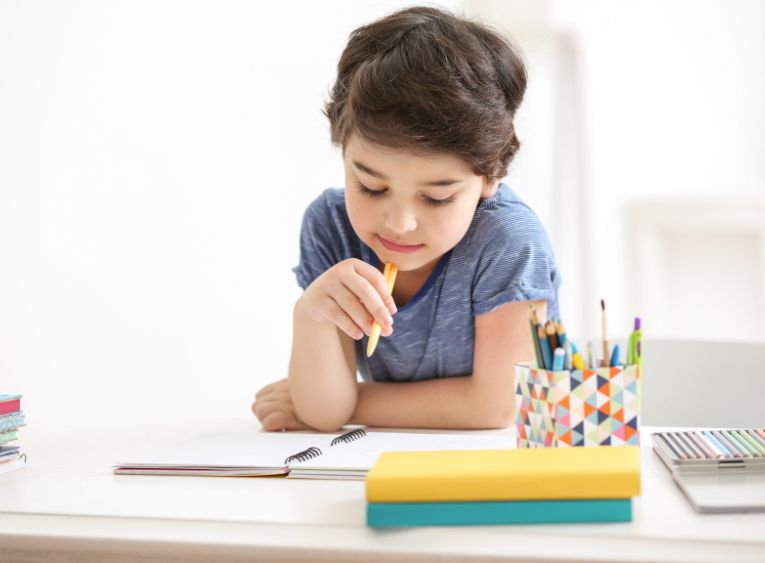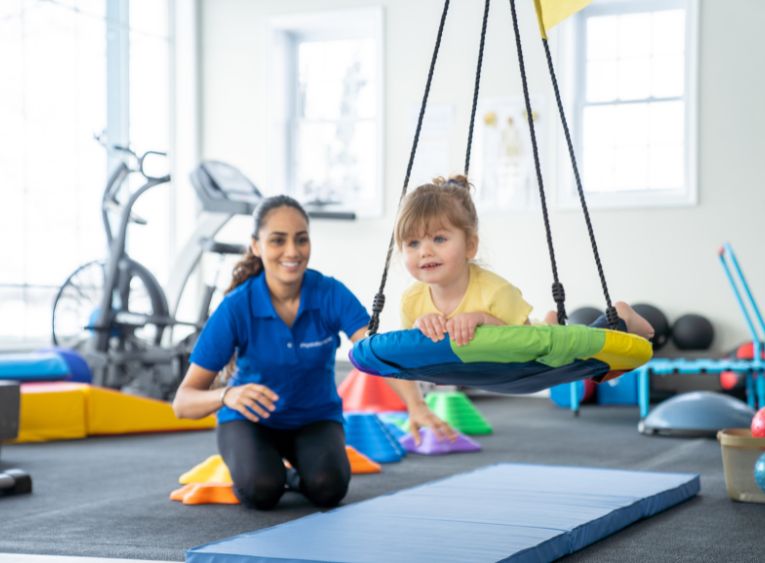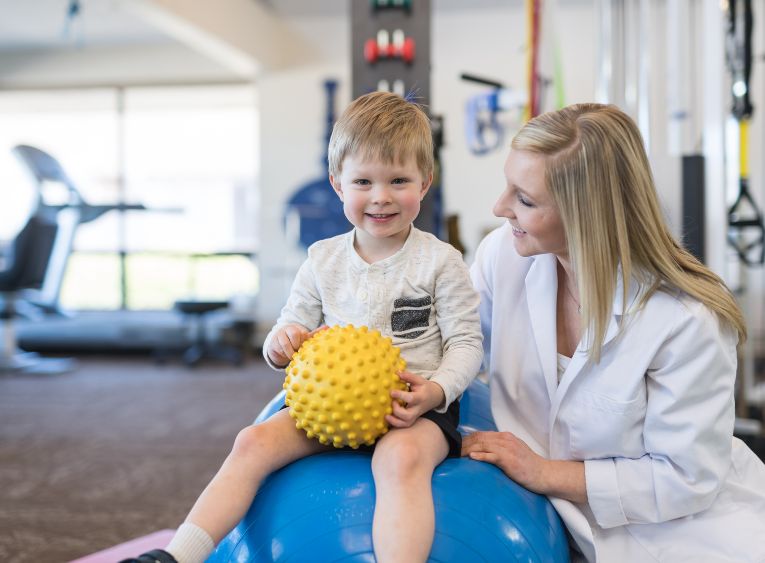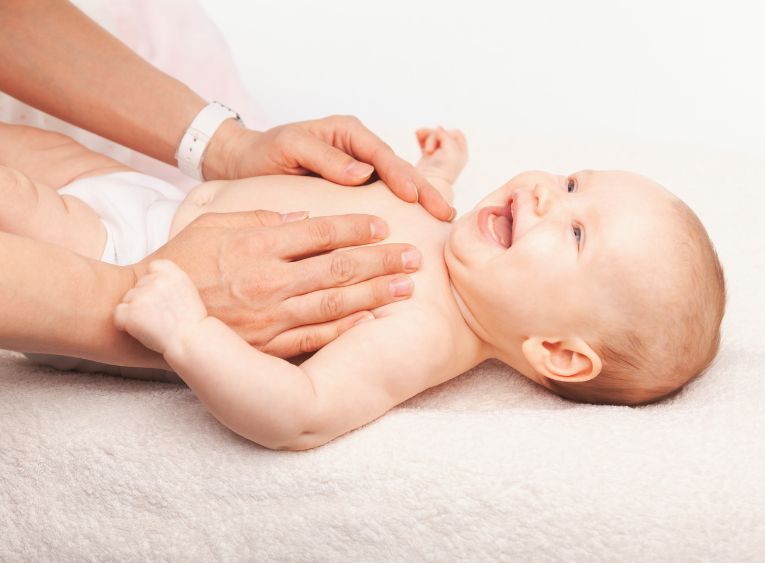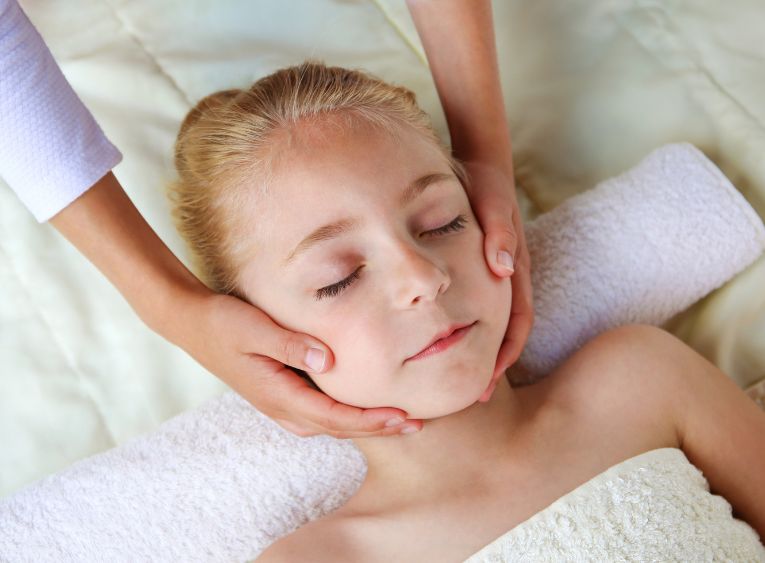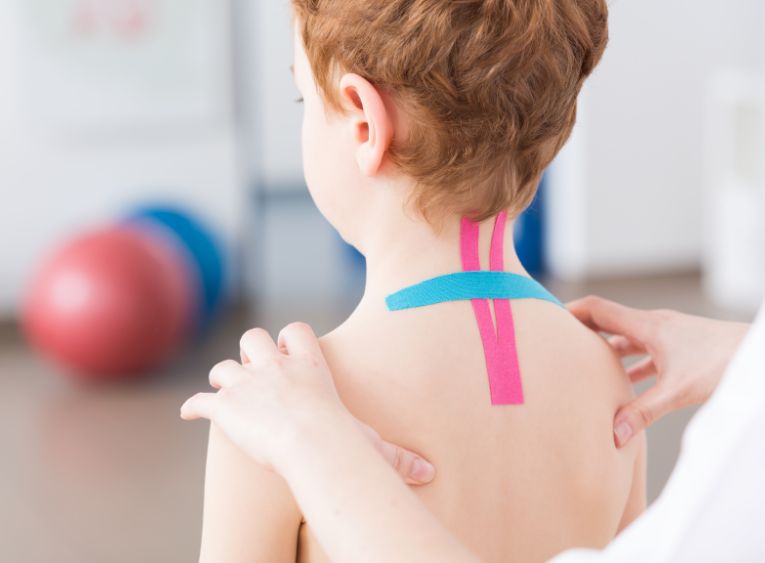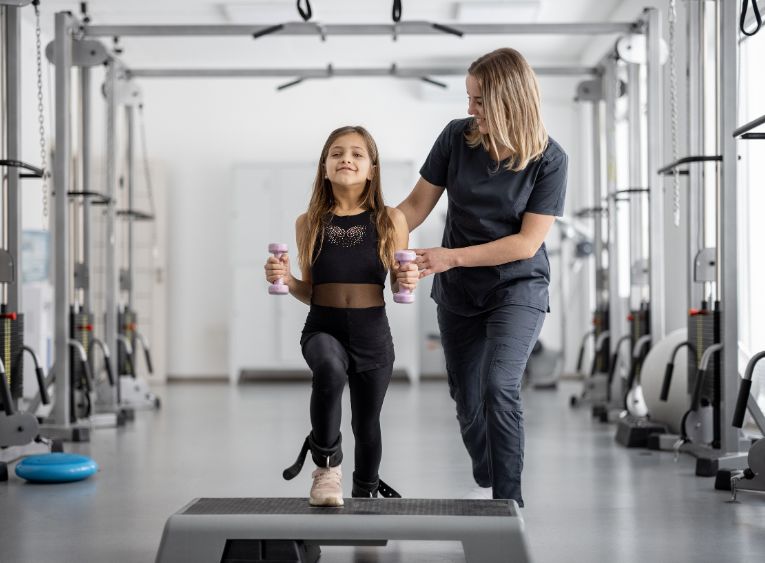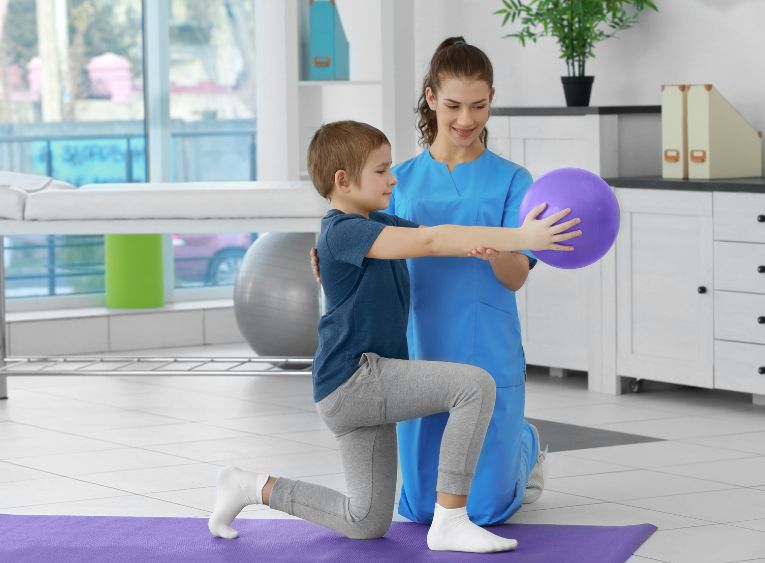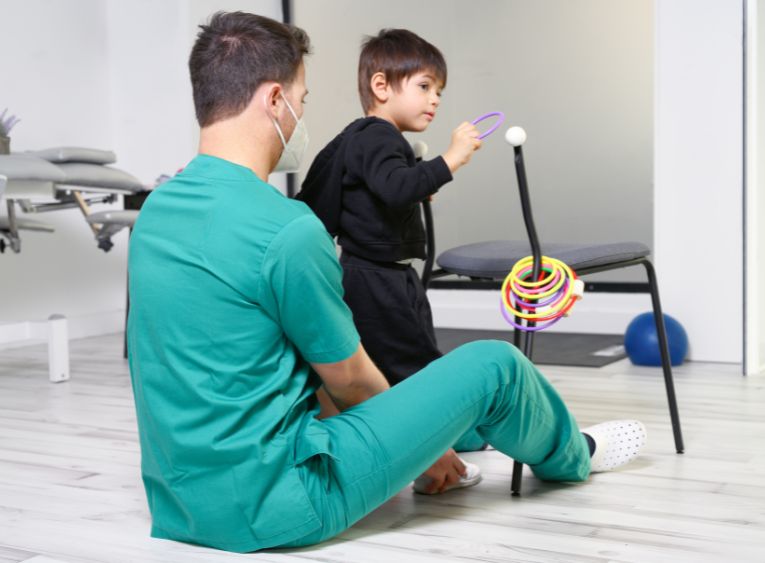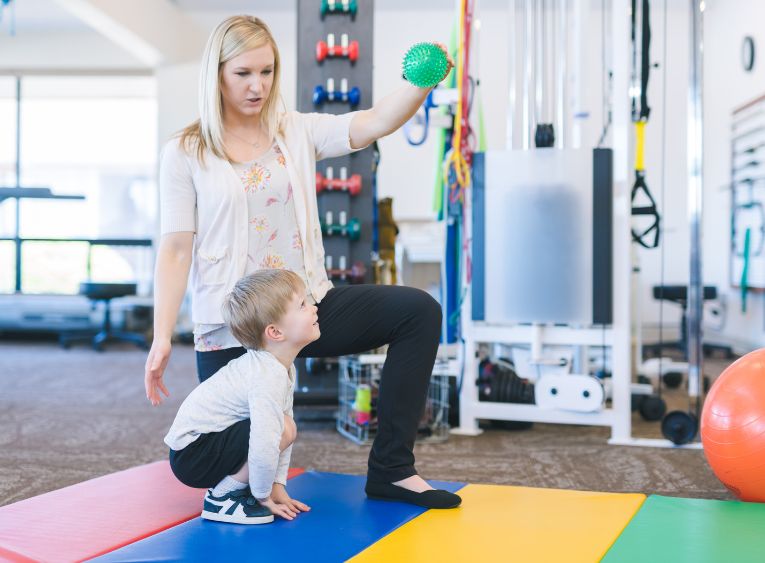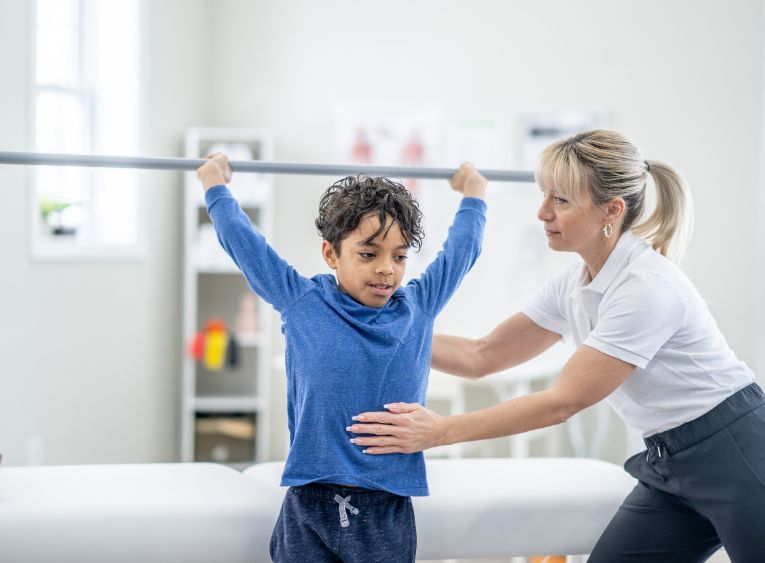Reduced Motor Skills in Children
What are Motor Skills?
Motor skills are learned sequences of movements that enable children to perform specific tasks smoothly and efficiently. These skills are developed throughout childhood through activities and practice. Both fine and gross motor skills are crucial for children to succeed in academic and physical activities, and difficulties with motor skills can significantly impact their daily lives.
Fine Motor Skills
What are Pediatric Fine Motor Skills?
Fine motor skills involve the small muscles of the body, primarily in the hands, fingers, and eyes. These skills are responsible for precise movements and coordination, such as hand-eye coordination, and are essential for tasks like eating, writing, grasping objects, typing, and dressing.
Children develop fine motor skills over time, starting with grasping larger objects and gradually mastering more precise movements like drawing or fastening clothes.
Impairments in Fine Motor Skills
Effective fine motor skills are vital for carrying out everyday tasks. Problems in a child’s fine motor development can arise from neurological conditions, illness, delayed development, or injury. Weaknesses in the small muscles responsible for these movements may result in difficulty performing tasks such as:
- Dressing independently
- Eating without assistance
- Writing or drawing
- Using a computer
- Grooming and washing
- Turning the pages of a book
Schedule an appointment with one of our Pediatric Physiotherapists today to learn how we can help you.
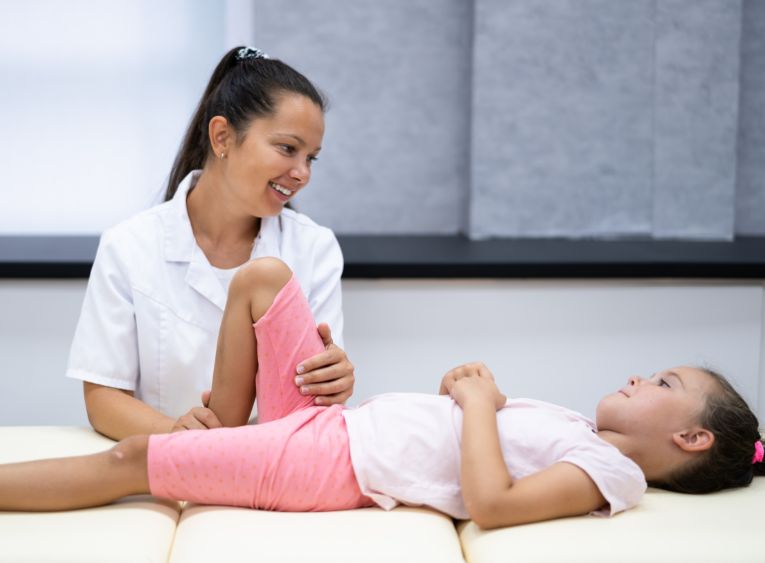

Gross Motor Skills
What are Pediatric Gross Motor Skills?
Gross motor skills involve the coordination of the large muscles of the body, enabling children to perform activities like walking, running, kicking, lifting, sitting upright, and throwing. These skills typically develop during infancy and early childhood, with children learning to stand, walk, and run by age two. Gross motor skills continue to improve throughout early childhood and into adulthood.
Development Timeline:
- 6 months: Lifts head and arms when lying on the back, rolls over, supports chest with extended arms.
- 12 months: Sits up independently, crawls or shuffles, walks with one or both hands held.
- 18 months: Walks independently, moves large objects, walks up stairs with assistance.
- 2 years: Runs safely, climbs furniture, walks up and down stairs with a rail.
- 3 years: Carries large toys while walking up stairs, turns while running, tiptoes briefly.
- 4 years: Runs on tiptoes, climbs ladders, hops on one foot.
Impairments in Gross Motor Skills
Gross motor skills are essential for basic body movements like walking, coordination, posture, and balance. Impairments in these skills can affect a child’s ability to sit or stand upright, which in turn influences fine motor tasks like writing or handling objects. Causes of gross motor skill difficulties may include disabling conditions, neurological impairments, illness, delayed development, or injury. Weakness in the muscles responsible for gross motor skills may result in difficulties with:
- Walking or running
- Jumping
- Reaching for objects
- Sitting or standing independently
Children with gross motor skill issues may also struggle with fine motor tasks due to a lack of support from the major muscle groups. Additional symptoms may include low muscle tone, good auditory memory, strong verbal skills, and confidence in listening or speaking.
Schedule an appointment with one of our Pediatric Physiotherapists today to learn how we can help you.
How Physiotherapy Can Help with Reduced Motor Skills
Fine Motor Skills:
Physiotherapy can support children with fine motor skill impairments by providing targeted activities that strengthen small muscle groups and improve hand-eye coordination. Therapy is tailored to each child’s needs, aiming to improve their ability to complete daily tasks independently.
Gross Motor Skills:
Physiotherapy is essential for improving gross motor skills like posture, walking, balance, and coordination. Our pediatric physiotherapists begin with a thorough assessment to identify specific weaknesses affecting the child’s development. Using fun, functional activities, therapy can significantly enhance gross motor skills. Common activities include:
- Throwing and catching games
- Running and direction-changing exercises
- Jumping and climbing activities
- Balancing tasks
- Target practice (e.g., shooting a ball into a net)
- Ball games (kicking, dribbling, throwing, batting)
- Skipping exercises
Each activity is chosen based on the child’s individual needs to promote the best possible outcomes.
Benefits of Physiotherapy for Reduced Gross Motor Skills:
- Improved control of large body movements
- Enhanced coordination during activities like running and jumping
- Strengthening of large muscle groups
- Better overall function in tasks such as walking, running, and climbing
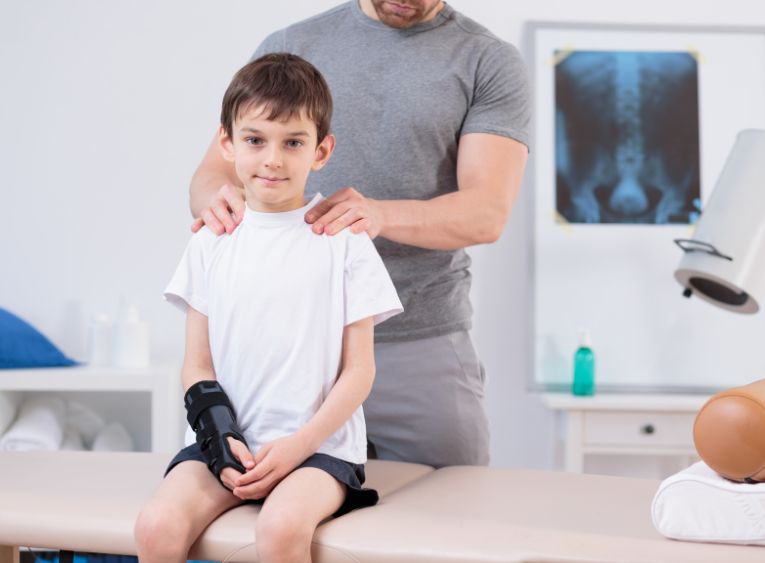
Request an appointment to support
your child’s functional skills and daily living abilities.
Our Pediatric Physiotherapy center in Abu Dhabi is dedicated to enhancing motor skills, sensory processing, and
overall independence, empowering children to engage more confidently and effectively in everyday activities!
Schedule a consultation with Perfect Balance Pediatric Physiotherapy today and
take the first step toward a more independent and fulfilling life for your child
